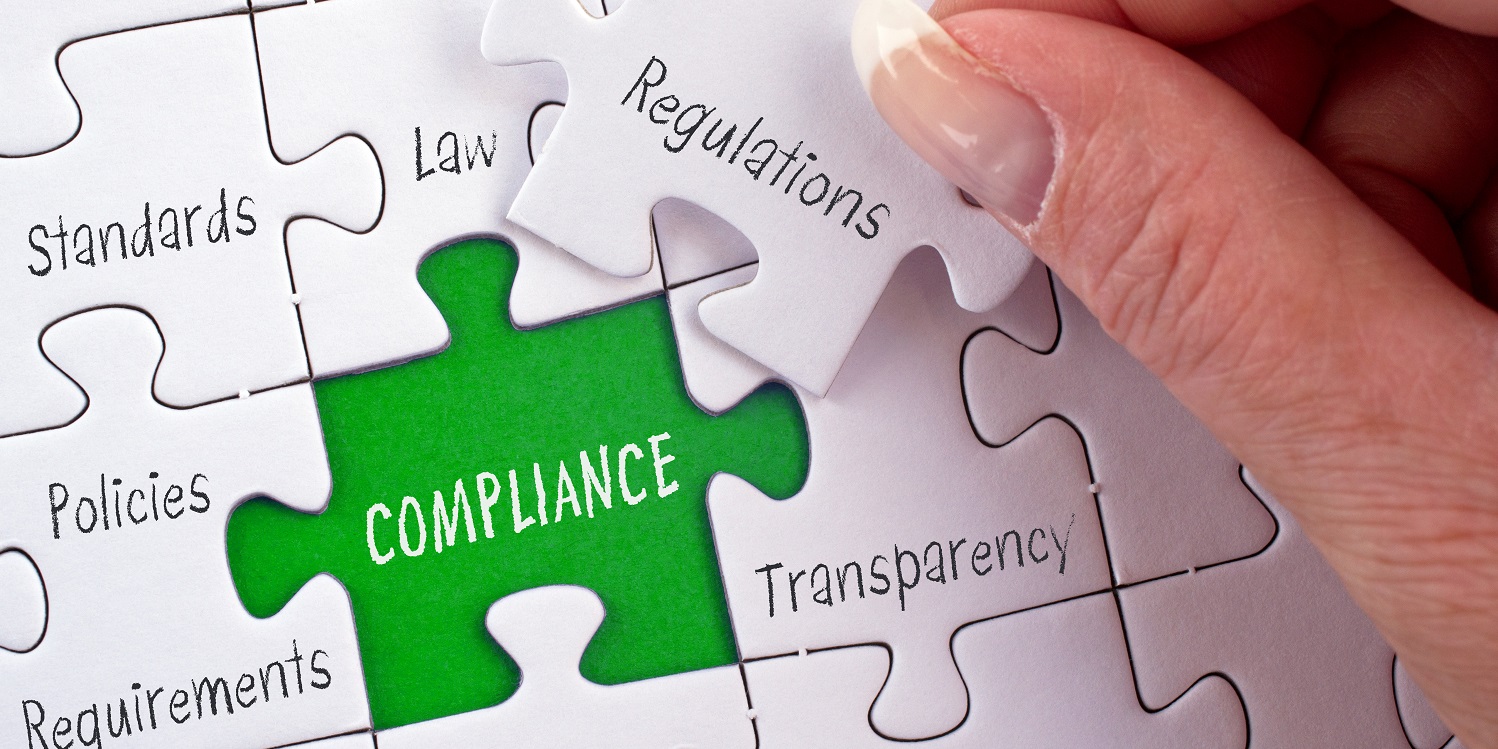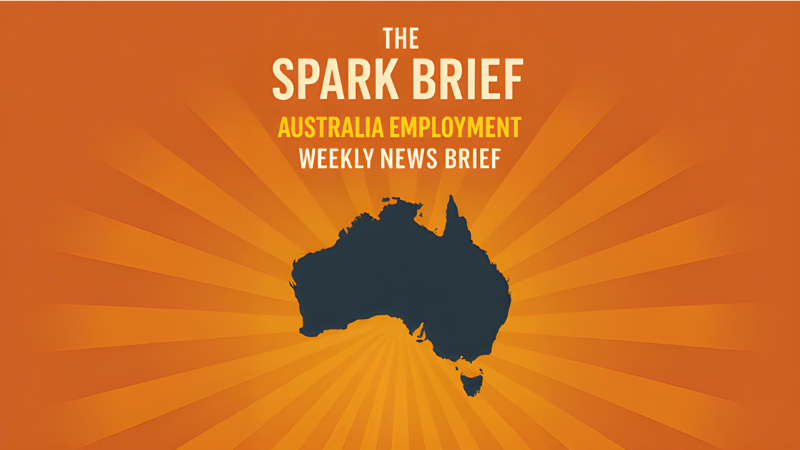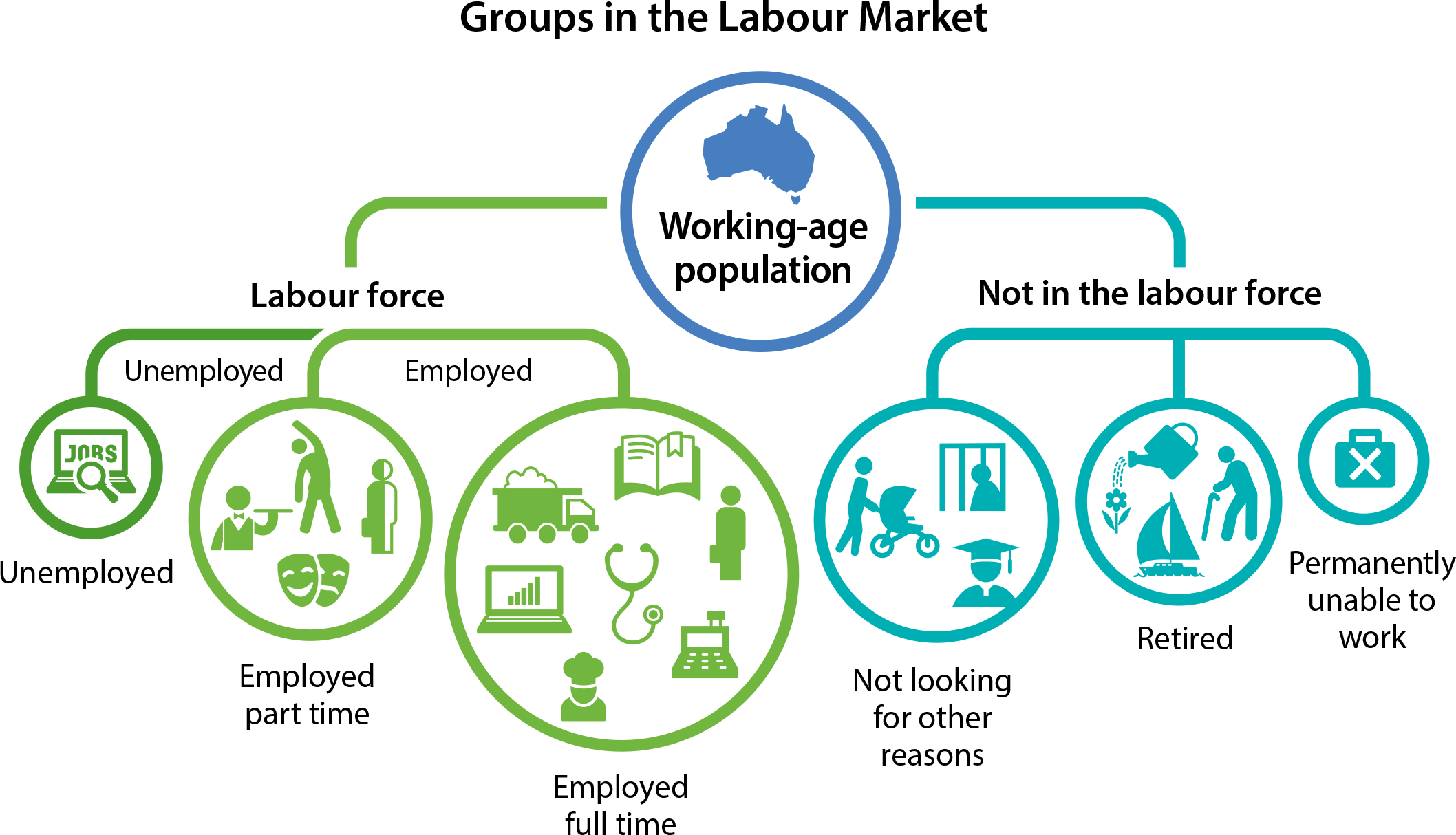2025: Key Employment Risks & Compliance Priorities for Australian Employers
Australian businesses are facing compliance change at a pace not seen since the Fair Work Act. From criminal wage‑theft laws to a legal right to disconnect, failing to act could cost you millions—or even jail time.
Here’s what’s new, what matters most, and what you must do.
1. Workplace Health & Safety (WHS): Still Top Priority
Even post-pandemic, WHS remains the most common source of legal risk:
- Employers must now refresh risk assessments for hybrid and remote work.
- Equipment (home or office) must meet safety standards.
- Psychosocial hazards—including burnout and hostility—are now compliance issues.
📍 Tip: WHS training must include mental health modules to meet new expectations.
:contentReference[oaicite:1]{index=1}
2. Flexible Work & Remote Policies: The Legal Tightrope
Flexible working isn’t optional—it’s a legal expectation.
- Updated Fair Work Act amendments now demand documented remote‑work policies.
- Employers must provide equivalent safety and wellbeing standards offshore.
- Ensure data security practices meet privacy regulations.
📍 Tip: Publish one signed policy that covers work hours, safety, and tech use.
:contentReference[oaicite:2]{index=2}
3. Wage Compliance & Wage Theft: Game-changing Penalties
As of 1 January 2025, wage theft became a criminal offence.
- Employers face up to 10 years’ imprisonment or fines up to AUD 1.565 million. Corporations risk fines up to AUD 7.8 million.
📊 A recent survey revealed 43% of Australian workers had been under‑paid within the past year. 26% reported no right‑to‑disconnect policies.
:contentReference[oaicite:3]{index=3}
| Risk Area | Compliance Action | Why It Matters |
|---|---|---|
| Wage underpayment | Implement automated payroll + quarterly audits | Criminal liability and reputation damage |
| Flexible working policy | Publish clear remote & disconnection rules | Non-compliance now protected by Fair Work Commission |
4. Diversity, Equity & Inclusion (DEI): New Legal Expectations
Modern DEI norms are now enforceable:
- Larger companies may require public gender pay reporting.
- Disability inclusion is no longer optional—not providing reasonable adjustments can lead to complaints.
📍 Tip: Conduct annual DEI training and audit hiring criteria.
:contentReference[oaicite:4]{index=4}
5. Privacy & Data Protection: Expanding Scope
Handling personal and health data has never been riskier:
- The Privacy Act now includes stronger enforcement and penalties.
- Employers must safely manage employee health and vaccination records.
- Data access needs to include contractors, remote staff and cloud applications.
:contentReference[oaicite:5]{index=5}
6. The “Right to Disconnect”: New Work-Life Balance Law
From 26 August 2024, the Right to Disconnect law became effective.
- Employees can refuse work messages or calls outside hours—unless agreement deems it reasonable.
- By mid‑2025, small businesses (under 15 staff) must comply.
📊 But worryingly, 26% of employees say their workplace still lacks a policy.
:contentReference[oaicite:6]{index=6}
7. Terminations & Redundancies: Legal Tightening
- Fair dismissal procedures remain under scrutiny—general protections claims continue rising.
- Fixed-term contracts now capped at two years, making long-term workforce planning essential.
:contentReference[oaicite:7]{index=7}
📉 Quick Data Visualisation (suggested chart)
A bar chart comparing employer compliance:
Criminal penalties risk vs existing audit processes vs perceived policy gaps
(I can generate a graph similar to the previous JSP placement chart—just say when!)
✅ Your 2025 Compliance Checklist
- Refresh contracts & policies to include remote work, disconnection rights, and DEI commitments.
- Schedule regular WHS and wage audits.
- Train your teams on mental health, bullying prevention, and harassment obligations.
- Subscribe to Fair Work Ombudsman updates for legislative shifts.
- For wage theft risk: consider adopting the Voluntary Small Business Wage Compliance Code if eligible.
:contentReference[oaicite:8]{index=8}
🧭 Final Word: Compliance Is Culture, Not Just Control
These new laws are not just about avoiding fines—they’re about respecting employees, protecting your reputation, and building a resilient workplace culture. Stay proactive, stay visible, and treat compliance as integral to your business strategy—not just a legal burden.
Let me know if you'd like me to generate:
- The actual visual chart (WHS vs wage theft vs disconnect compliance)
- A downloadable employer "Compliance Tracker" PDF
- Multi-platform social promos summarizing top risks for LinkedIn / Twitter / FB
Always here to help you stay compliant and workplace-ready in 2025 💼🔐 ::contentReference[oaicite:9]{index=9}
2025: Key Employment Risks & Compliance Priorities for Australian Employers




